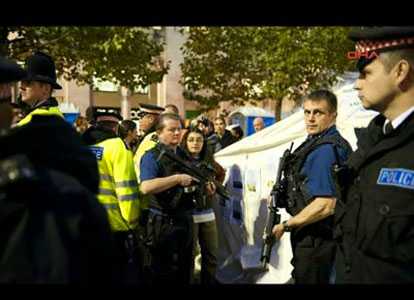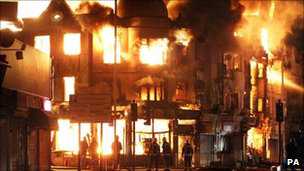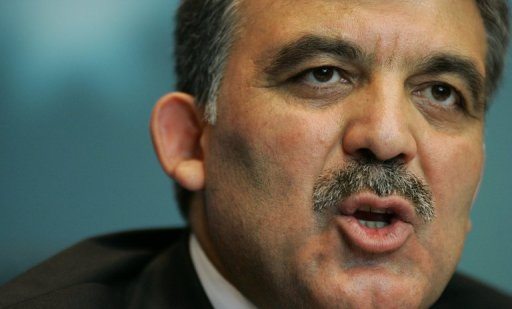The emergence of a “new” European Union, in the wake of a sleepless and tumultuous summit held 20 years after the treaty that led to the creation of the political union and the euro currency, was met with ambivalence in Turkey. The irony of Europe’s perennial “sick man” being the most dynamic actor and economy has been widely noted at the same time as Turkey’s own aspirations for membership have waned in recent years. While analysts argue over a common framework for the phenomena sweeping the Mediterranean, commentators across the board have acknowledged that Turkey has been the unambiguous winner of the “Arab Spring” and the “European Fall.”
Since the beginning of the eurozone crisis, Turkey has offered itself as an antidote to an ailing Europe trying to gain strategic leverage to little avail. Echoing a recent refrain, “Hold on, Europe, Turkey is on its way,” Turkish leaders have had little sympathy for Europe’s problems. On the final day of the European Summit, the Turkish president, Abdullah Gül, speaking at the World Policy Conference in Vienna, said that “negligence” is to blame for the financial crisis roiling the European continent, contrasting the EU’s malaise with Turkey’s economic and political dynamism. Seen from Ankara, there is a deficit of political leadership in Europe that has resulted from the bad governance that permeates all aspects of the present crisis. Perhaps if Turkey was on the inside of the EU, it might not have such a harsh view, but its own relations with Brussels have always been complicated.
Turkey, with its combination of economic pragmatism and soft-power appeal as a Muslim-majority secular democracy, has fared much better than a depressed and divided Europe in global affairs, particularly in its own neighborhood. Shedding its former policies of disengagement in its region, Ankara has become the most active European participant over the last decade and, given its close geographic proximities to the “hotspots” of 2011, has become Europe’s most valuable partner in the region.
At a moment in which European leadership is being questioned, Turkey’s newfound swagger and emergence as an international leader should be welcomed as signs of the effectiveness of Europe’s soft-power appeal in institutionalizing and encouraging a more responsible partner in regional stability and long-term democratization. Double standards and contradictions, motivated by domestic, economic, or geopolitical interests nonetheless remain in the foreign policies of Turkey and other European countries. To the extent that Europe is defined as a set of principles and value, the very challenge with Turkey is applying these standards consistently and universally in constructing a viable partnership that is consequential, flexible, and mutually beneficial.
Now that Europe has come closer together, the question of what to do about Turkey’s eternal quest for membership will gain further traction and the example of Britain might offer an interesting opportunity for another strategically important yet Euroskeptic regional power in Ankara. Rather than seeing Turkey’s growing international role as a challenge or mere hubris, it should be taken as an opportunity to reinforce Turkey’s European credentials, which makes it a unique and flexible potential new member.
via Joshua W. Walker: “New” Europe Meets “New” Turkey: A British Future for Ankara?.





